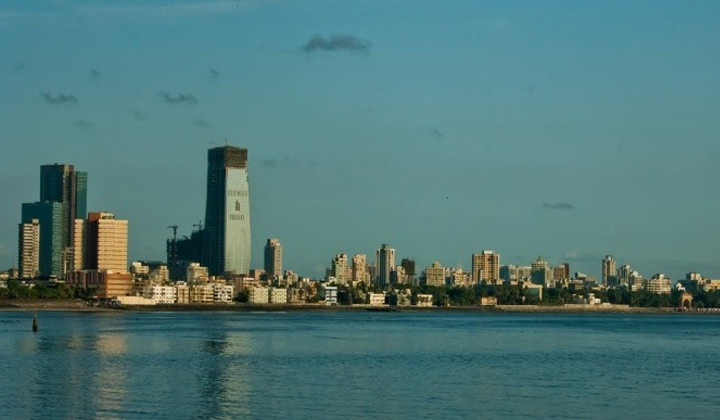Trending Now
- “If Edappadi Palaniswami permits, a thousand young members from the Virudhunagar district AIADMK are prepared to take up arms and engage in battle under my command.” – Former AIADMK Minister Rajendra Balaji
- “India is ready to deal with any counter-attack by Pakistan” – Wing Commander Vyomika Singh
- Central govt orders extension of CBI Director Praveen Sood’s tenure for another year
Real Estate
Minimum Import Price On Steel To Make Housing More Expensive
![]() April 7, 2016
April 7, 2016
Frederic Bastiat, a 19th century French economist, had said “consumption is the ultimate goal of production”; production is not an end in itself. It is in this context that we should analyse the government’s recent move to raise import duty on steel.
In February, the Centre imposed a minimum import price (MIP) on steel. This means the steel imported from other countries will have to be above a certain price decided by the government. Steel producers in Visakhapatnam, Andhra Pradesh, claim they would benefit from the move. People are now willing to pay more for steel; one tonne of the commodity costs anywhere from Rs 33,000 to Rs 39,500. In fact, steel prices have risen by around Rs 5,000 a tonne. Steel producers also think this is sound economic policy, as consumers will buy better-quality Indian steel instead of poor-quality steel coming from China. They think Chinese producers do not have a competitive advantage over Indian producers anymore.
However, these are only the immediate effects of the policy. If one looked at the effects of the policy on stakeholders, an entirely different picture would emerge.
Developers, for example, claim that this move will raise the cost of constructing residential projects. When the price of steel, a necessary raw material used in construction, goes up, constructing costs rise, too. Even if steel producers benefit from a raised MIP, the ultimate consumer loses, as he is forced to pay a much higher price.
Sample this: China is able to produce steel at a much lower price than India. Now, what would happen if the government artificially raised the cost of importing steel from that country? India would produce more steel than China, despite the fact that it would be more expensive for it to do so. In other words, greater production will happen in a part of the world where it is more expensive to produce steel. As ripple effect, home buyers will pay more for the same steel they bought at a much cheaper price earlier.
Steel, like cement, is an internationally traded commodity. High prices of steel and cement are, in fact, one of the major reasons why housing is expensive in India. Even if the government repeals many of the restrictions that make housing expensive in India, it will still be fairly expensive in India? Why? Indians’ income is quite low by global standards, but internationally traded commodities have comparable prices everywhere. So, people end up paying a substantial amount of money for steel and cement, relative to their income levels.
Also, anything that makes steel expensive will raise the minimum investment required for housing. Why are low-income households not able to make the minimum investment necessary to construct a high-rise building? It is because the construction of a high-rise apartment complex involves a minimum investment. (In a large Indian city, high-income households consume more floor space but pay less per square foot than low-income households.) In high-income countries, this minimum investment is affordable to low-income households because the average per capita income is much higher. This is not true in India, where average per capita income is unusually low.
























